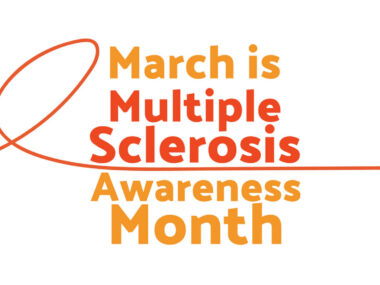Major MS Cognitive Rehabilitation Trial Funded by British Health Service
Written by |

 The Cognitive Rehabilitation for Attention and Memory trial (CRAMMS), a major study to be conducted on patients suffering from multiple sclerosis, was recently awarded £1,167,000 ($1,828,000) by the British National Health Service (NHS), through its Health Technology Assessment (HTA) Program.
The Cognitive Rehabilitation for Attention and Memory trial (CRAMMS), a major study to be conducted on patients suffering from multiple sclerosis, was recently awarded £1,167,000 ($1,828,000) by the British National Health Service (NHS), through its Health Technology Assessment (HTA) Program.
The study, which is expected to be the largest trial of its kind in the United Kingdom, is designed to examine MS patients’ cognitive rehabilitation capacities and determine if a group of cognitive rehabilitation programs is able to improve patients’ quality of life.
This symptom management clinical trial for MS is being conducted because so many patients experience difficulties in cognitive processes, including loss in memory, decision making, and concentration, and there are currently few effective treatments available for the management of these symptoms. Therefore, the CRAMMS trial is expected to be able to advance the development of new therapies to improve the lives of patients suffering from these problems.
The trial, which is expected to occur between September of 2014 and August of 2018 at four centers in Nottingham, Sheffield, Liverpool, and Birmingham, is currently enrolling patients, who must be diagnosed with MS and between the ages of 18 and 70 years old. During the trial, participants will be enrolled over the course of 16 months and will participate in either weekly group cognitive rehabilitation sessions with a psychologist and their usual care, or just their usual care. The investigators will then evaluate and compare the effects on the two groups.
[adrotate group=”4″]
“We do not know whether taking part in the study will help but we expect that some people will find the intervention helps them cope with memory and attention problems,” the website of the trial states. “However, the information we get from this study may help us to treat people with MS and attention and memory problems better in future. There are no particular risks involved in taking part in this study.”
In addition, the trial is also expected to raise particular attention and investment into other research focused to the disease.


